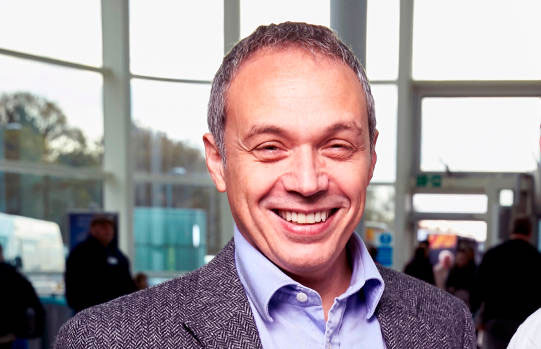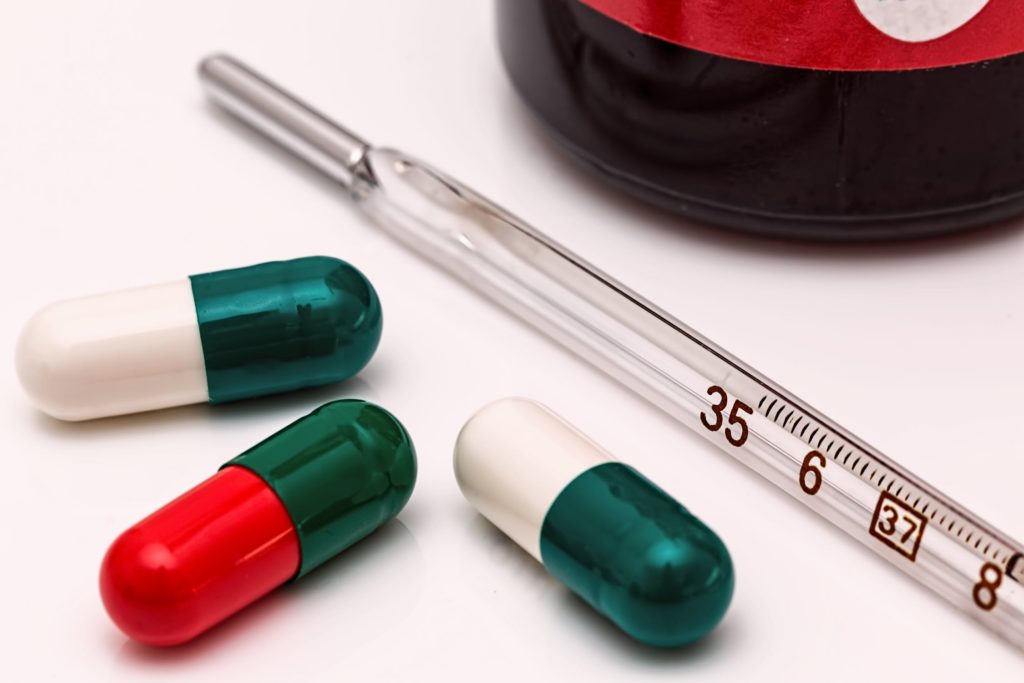Background
Traumatic brain injury (TBI) is the leading cause of death and disability in the first four decades of life with a financial burden on the economy greater than stroke. Despite the obvious need, there are no approved drug treatments for TBI. The neuroinflammatory response associated with TBI may further stress cells that survived the primary insult (contusion) causing consequential brain damage. Activation of the excitatory P2X7 receptor in the brain by relatively high levels of ATP – as likely occur in TBI – promotes a pro-inflammatory environment that may add to the volume of brain damage. Supportive literature is available from animal models of neurotrauma, which respond favourably to P2X7 receptor antagonists. Hence, our hypothesis is that the inflammation and secondary brain damage that evolves hours or days after the primary insult is amenable to treatment by blocking the excitatory P2X7 receptor to tip the balance away from the proinflammatory environment to improve clinical outcome. We will test this hypothesis by evaluating the safety of the clinical stage P2X7 receptor antagonist, CE-224,535, in patients with TBI, the ability of the drug to access the injured brain tissue and to potentially favourably modify the neuroinflammatory response in patients with TBI and so lead to improved clinical outcome. The project progression will be milestone driven with minimal outputs from the project including an enhanced understanding of the role of the P2X7 receptor in the inflammation storm associated with TBI. However, positive clinical data will encourage further development of P2X7 receptor antagonists to meet the unmet need for a drug to improve the clinical outcomes following TBI.
Method
We propose to conduct a randomised, dose-finding clinical trial to identify a dose of CE-224,535 that is tolerable and active in TBI patients (see Clinical Trial Schema below). Patients will be randomised to receive standard of care only, or to receive standard of care plus a dose of CE-224,535.





